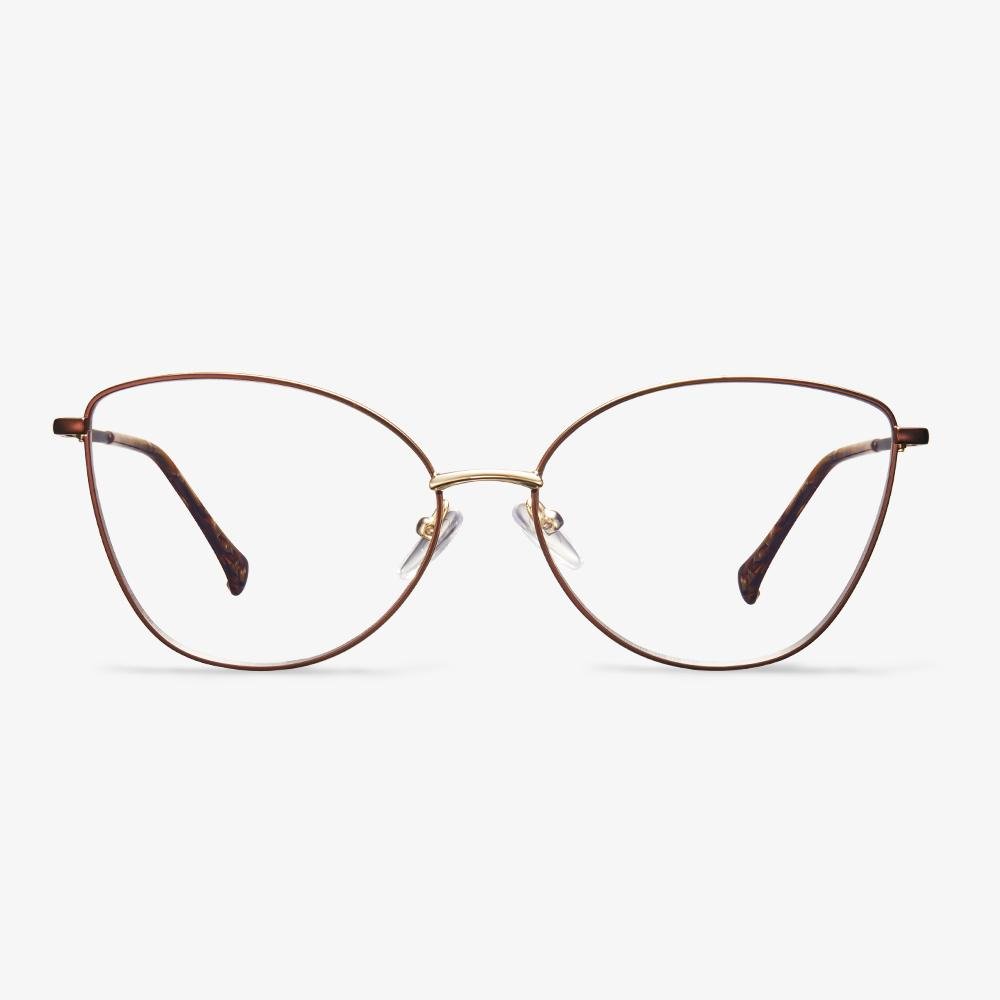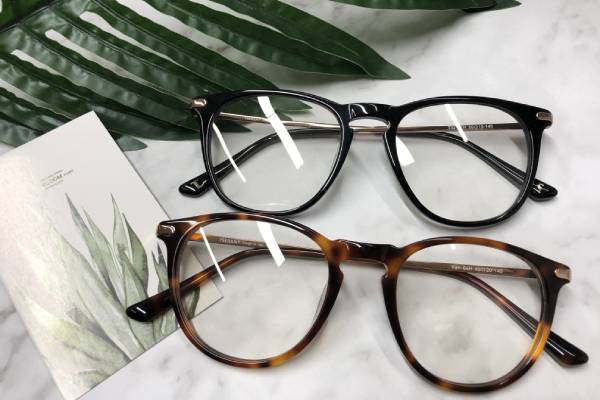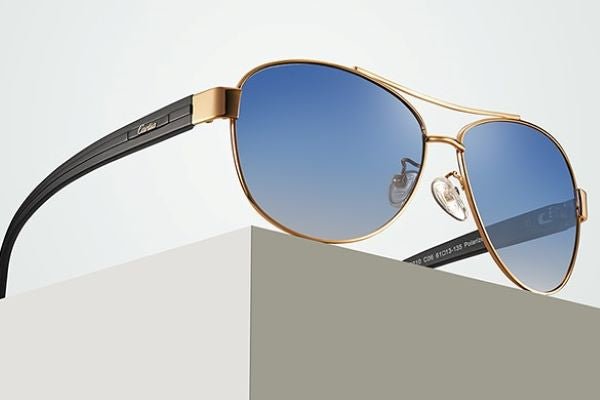What Are Polycarbonate Lenses?
Polycarbonate lenses are made from a type of plastic that is famous for its durability. Polycarbonate lenses are perfect for those who are doing sports while wearing glasses. It is also used in children’s glasses since kids are much less careful with their glasses than adults.
John Lennon Imagine
The circular wire-rimmed glasses like these were made popular by the Beatles' idols in the 1960s and immediately became a favorite of hippies and music lovers around the world. This modern version has an ultra-light frame made of stainless steel that resists rust and corrosion. Flexible spring hinges and coated temples are very comfortable. For fans of retro-inspired accessories, the glasses are a favorite.
Tips for New Glasses Headaches
As you may suffer headaches from wearing glasses, there are some tips for you.
- Don’t wear your old glasses because this only prolongs the headache.
- Rest your eyes as needed throughout the day.
- Choose anti-reflective lenses for lengthy computer use.
- Make sure your glasses are fitted properly.
- See your eye doctor.
If you suffer from new glasses headaches, these tips may be helpful for you.
Silhouette Rimless Glasses
They provide a range of options for rimless, full-frame, and half-frame styles. Their optics lab allows personal prescription lenses to be mounted on any frame and sunglasses. Here, fashion and function come together in an ultra-light titanium eyewear frame, using exclusive hingeless polycarbonate lenses. Minimal weight, hingeless construction, and form combine timeless framing styles with different kinds of lens shapes and breakthrough technologies.
What Are Colorblind Glasses?
Colorblind means that you can’t see the depth or richness of certain color shades. Colorblind glasses are eyeglasses with specially tinted lenses that help a colorblind person to see colors more accurately. Colorblind glasses do not cure color blindness or produce 100% normal color vision. But they enhance and partially correct certain color vision deficiencies of colorblind individuals.
Color blindness is common among people, especially in men. Blindness is an inherited condition, but can also be acquired. It can also occur if the eyes are damaged due to injury or from another disease that affects vision.
Colorblind glasses claim to assist with detecting differences between colors. They also claim to add additional vibrancy to the colors that people with color blindness may not fully experience.
How to Know If You Need Bifocal Glasses?
As you get older, you will find that is more and more difficult to read or focus on things that are really close up. This is called presbyopia and it is a common eye condition among older people.
How to know if you need bifocal glasses? If you find yourself squinting at the text that once was easy to read or your vision is blurry, you may need to see an eye doctor. In this situation, you may need bifocal glasses to correct your eyes.
If you currently wear glasses but see print more clearly when you remove them, it is a sign that you may need bifocal glasses in the future.
To know if you need bifocal glasses exactly, check your eyes by an optometrist or ophthalmologist.
When were the first glasses invented?
No one knows when the first pair of glasses were invented, but we do know that the grinding techniques for making simple magnifying glasses have been around since 1000 AD, especially in regions where glasses were already produced (including northern Italy). The earliest artwork of glasses appears in the Treviso Cathedral fresco painted by Tommaso de Modena in 1352. There is reliable evidence that eyeglasses were invented in Italy in the late 13th century. The first pair we think of as eyeglasses appeared in Italian pizza in the late 12th century and looked more like two small magnifying glasses (made of raised glass) riveted together at the top of the handle. In 1266, The English Franciscan Monk Roger Bacon wrote about the scientific principles of corrective lenses, but there is no evidence that he applied this knowledge to the manufacture of eyeglasses.











































